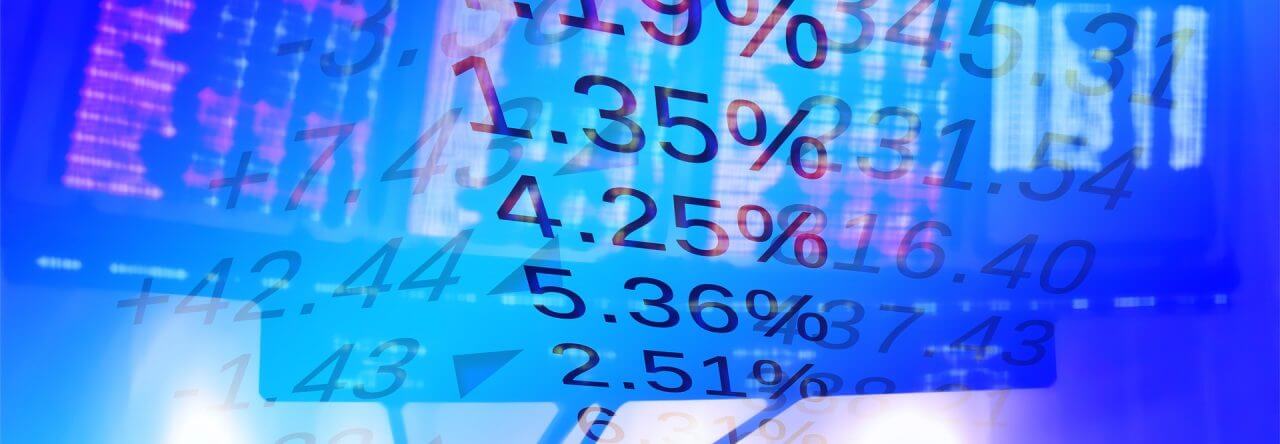Every day, society is making moves toward becoming more cashless. It started with the wave of debit cards and credit cards making it less necessary to carry cash. Now, with the rise of cryptocurrencies, Apple/Android Pay, and other fintech services, carrying cash on you seems to pose more risk than reward. Today, I want to break down what society will look like as the world continues to adopt cashless options and moves away from paper money.
To begin, let’s look at cryptocurrency. Bitcoin is an example of a desire for anonymous, neutral money. By this, I mean people like being able to go anywhere and use their money without having to worry about foreign exchange rates and understanding how foreign currency works. Now that countries are more readily utilizing Bitcoin, at least in major cities, people don’t have to worry as much about preparing for their next trip.
Speaking of trips, we make trips regularly, whether it’s to a corner store or across the sea to another country. Going cashless would make traveling so much easier. There are still many cities (particularly in the USA) where buses and subway trains only take exact cash. Consider how many people would rather pay with a card or their phone, rather than having to count out dollars and cents, and overpaying if they don’t have the exact change. Luckily, many European countries are adapting to the cashless wishes of their citizens. One stellar example is the London Underground. Oyster cards are easy to use for residents and tourists alike, and I expect to see most countries utilizing similar technology in the years to come.
Restaurants and businesses also gain huge benefits from running cashless. While gas stations may be easily robbed now, in a few years they may not accept cash anymore, which can lead to a decrease in robberies. Sure, companies who run strictly cashless need to invest in cyber security to prevent hackers from exploiting their faults, but guarding against hackers is a much safer situation than guarding against men with guns.
One area that I imagine could easily move cashless is utilities. Many people (perhaps most) pay for their utilities online in some capacity. Nobody sends real money, and older people are the ones most likely to write a physical check. I don’t necessarily expect companies to begin accepting Bitcoin immediately, but I do believe there will come a point where they refuse to take a paper check as payment.
Of course, all of this leads up to banking. Banking is going to be one of the most rapidly evolving fields over the next decade or two. Traditional banks will begin shutting down as customers flock to online banks, where interest rates on savings and checking accounts are substantially higher. It is also predicted that AI will automate many financial services, making physical locations with real people irrelevant. Also, if cryptocurrencies keep their upward momentum going, there may be no need for a bank, traditional or online.
The next few years will be interesting, given the rise of so many fintech companies. Old systems are sure to be phased out, and I predict that the landscape of finance is going to change drastically. For now, we have to wait and see what the newest technologies will bring.
